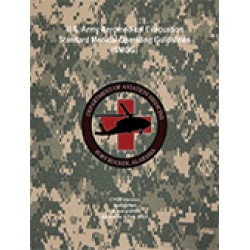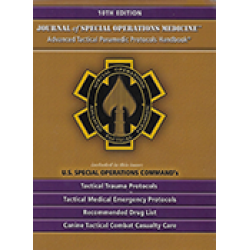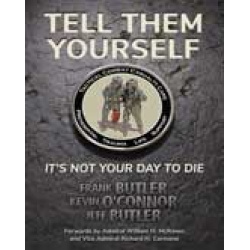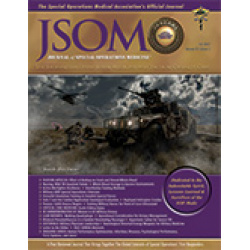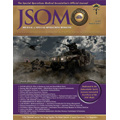Active Warfighter Mental Health Lower in Mid-Career
Barczak-Scarboro NE, Cole WR, DeFreese JD, Fredrickson BL, Kiefer AW, Bailar-Heath M, Burke RJ, DeLellis SM, Kane SF, Lynch JH, Means GE, Depenbrock PJ, Mihalik JP 22(3). 129 - 135 (Journal Article)
Purpose: The present study investigated Special Operations Forces (SOF) combat Servicemember mental health at different SOF career stages in association with resilience. Methods: Fifty-eight SOF combat Service Members either entering SOF (career start; n=38) or multiple years with their SOF organization (mid-career; n=20) self-reported mild traumatic brain injury (TBI) history, resilience, subjective well-being, depression, anxiety, and posttraumatic stress. Poisson regression analyses were employed to test SOF career stage differences in each mental health symptom using resilience, while accounting for other pertinent military factors. Results: There were significant interaction effects of SOF career stage and resilience on mental health symptoms. SOF career start combat Servicemembers endorsed lower depression and posttraumatic stress and higher subjective well-being with higher resilience, but these associations between resilience and mental health symptoms were not seen in SOF mid-career Servicemembers. Conclusions: Although preliminary, the adaptive association between resilience and mental health seemed to be blunted in combat Servicemembers having served multiple years in SOF. This information informs research to provide evaluation tools to support prophylactic performance and long-term health preservation in military populations.


 Español
Español 